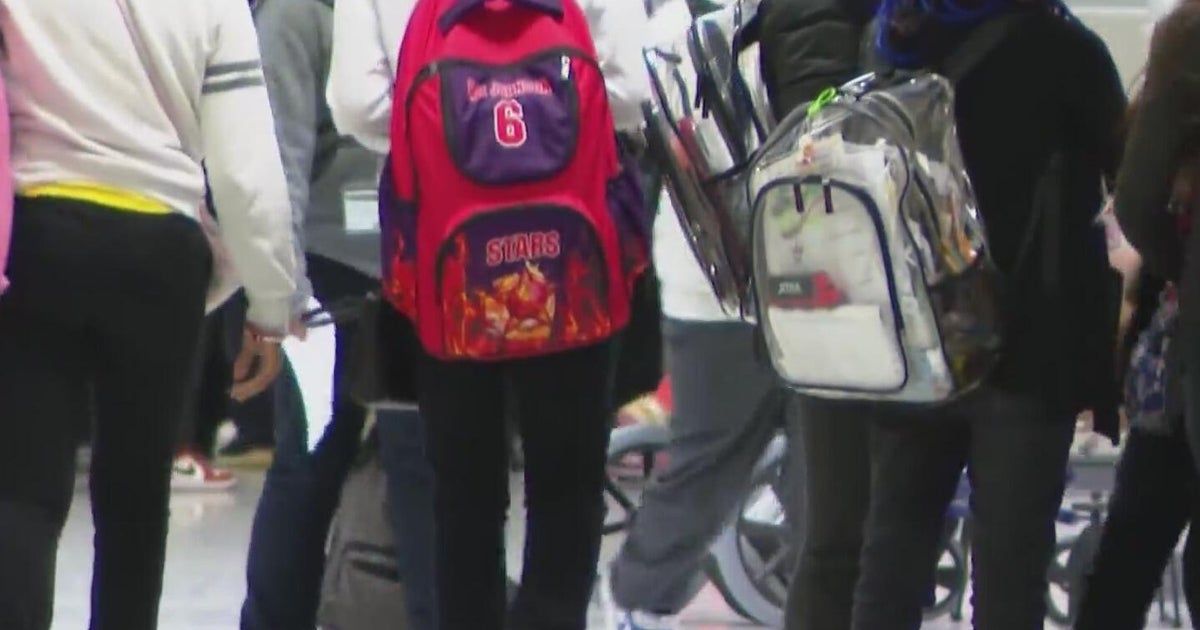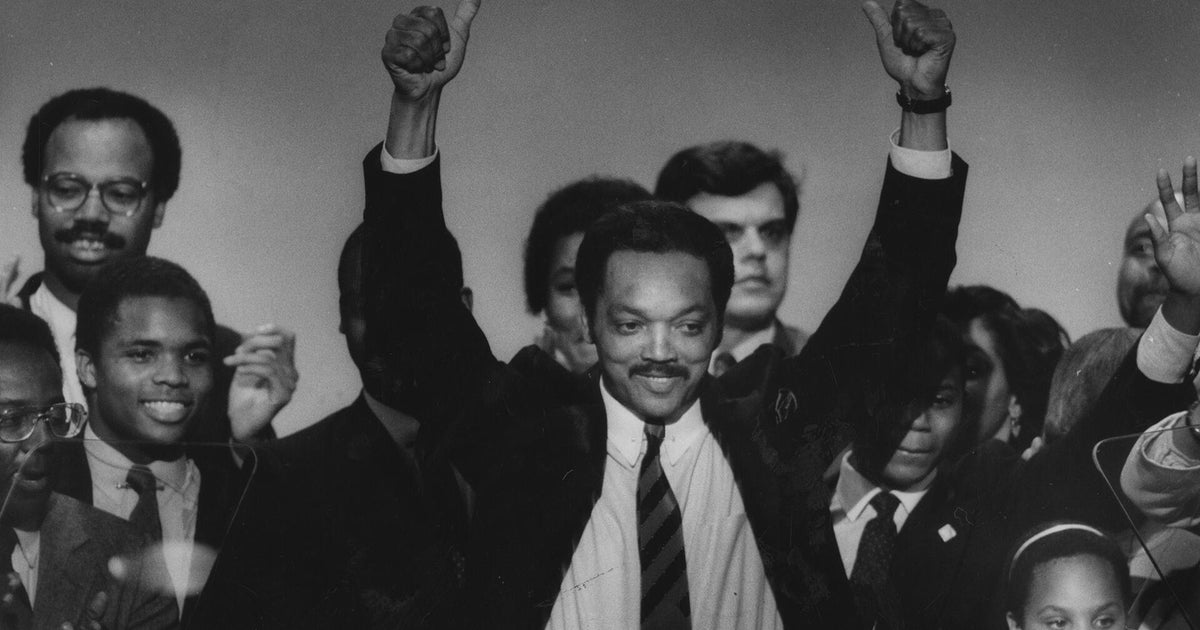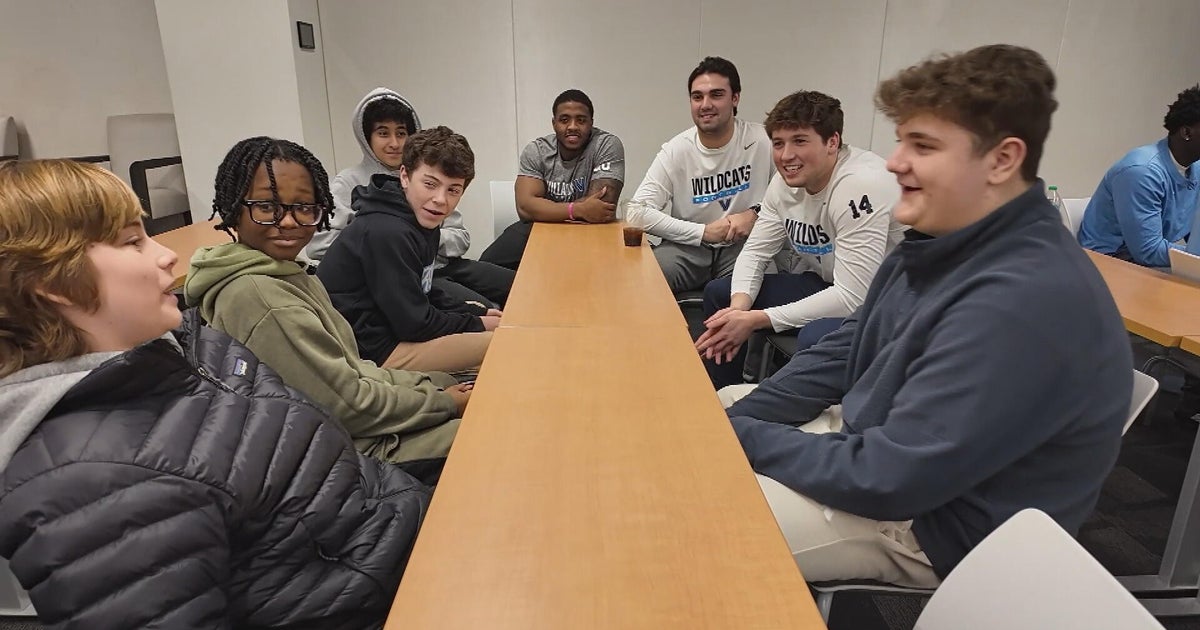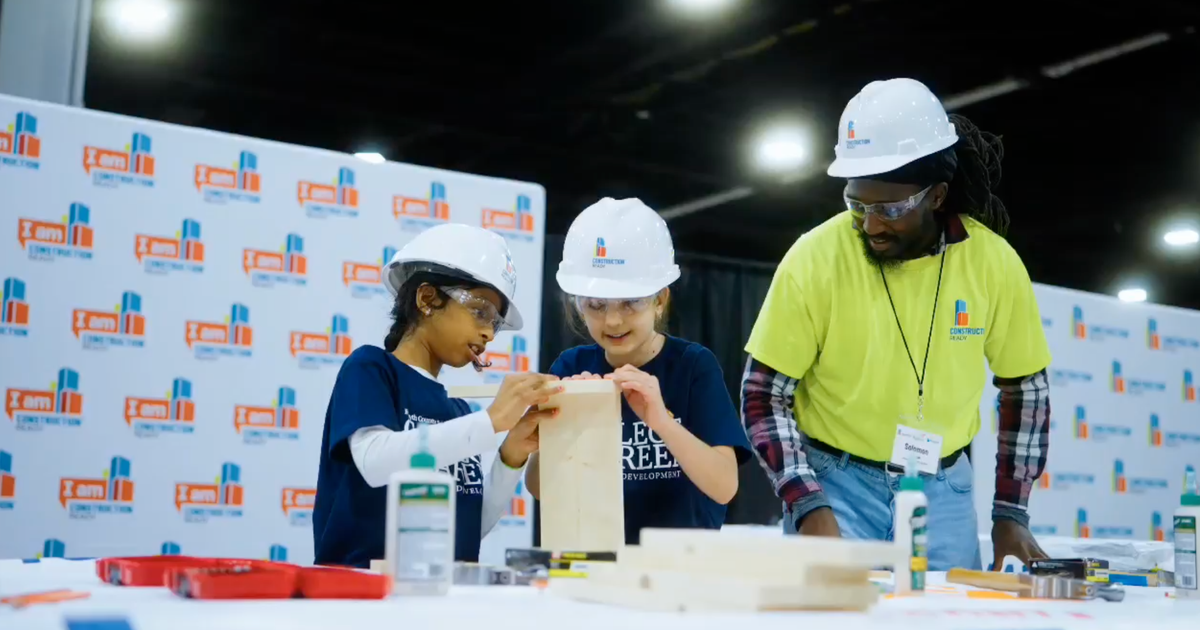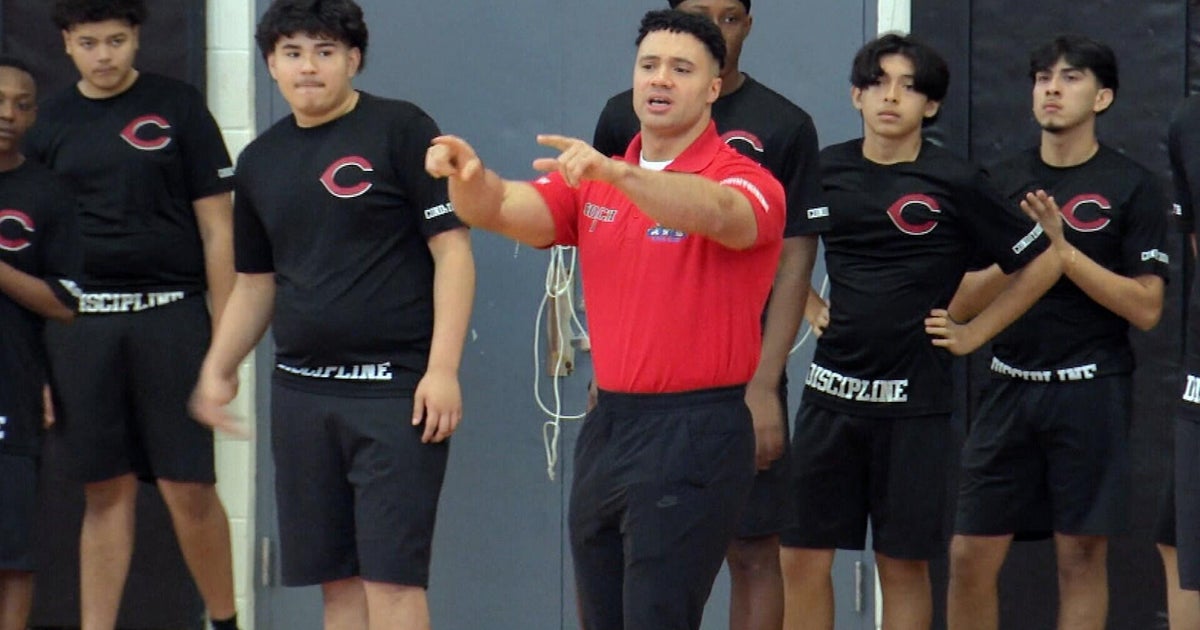Renowned Educator Advises Students To Use All Experiences For Positive Teaching
When it comes to career advice for San Francisco students majoring in education, it doesn't get better than from someone who has spent more than 40 years in the profession. Gary Gruber, Ph.D. is a recognized as the leading authority on test-taking methods and critical thinking practices. An acclaimed educator, theoretical physicist, and author of 40 books on the subject of test-taking and critical thinking, Gruber now resides in the North Bay, working on his latest project, Gruber Prep.
What is your background and education?
"I have a B.S. with honors from The City College of New York, M.A. from Columbia University in physics, and a Ph.D. from Yeshiva University in Astrophysics, with a N.A.S.A. Fellowship. I was a professor of physics and astrophysics, and the senior research scientist at Hoftstra University, New York; the director of the Public Understanding of Science at the New York Academy of Sciences."
Can you talk a little about your career as an educator?
"Along with being a professor at Hofstra University, I have written 40 books and 200 articles surrounding critical thinking and test taking. I've developed the critical thinking skills necessary for outstanding performance on standardized tests with significantly high documented test score increases in the nation's school districts. I have taught teachers, worked one-on-one tutoring students, and held the position of testing consultant for school districts, state's boards of education, and major testing companies such as the College Board."
What career advice can you share to students interested in a career in education?
"My advice to students interested in pursuing an education career is to notice what moves you even if it is from a negative situation, such as low IQ test. Use all experiences for positive teaching. An educator should always be curious as to why something is the way it is, actively think of alternate solutions to questions and problems, and believe that your input may really make a difference in developing educational standards and interest in learning. True teaching and learning happens in the 'process' of solving problems and not just in achieving a bottom line answer."
Randy Yagi is a freelance writer covering all things San Francisco. In 2012, he was awarded a Media Fellowship from Stanford University. His work can be found on Examiner.com Examiner.com.
